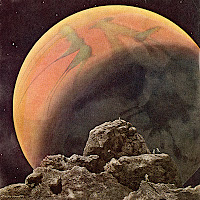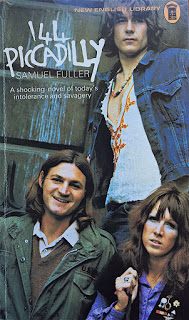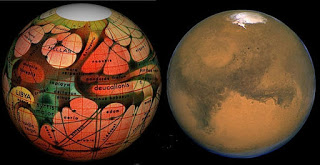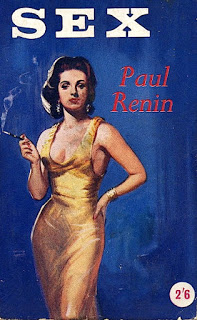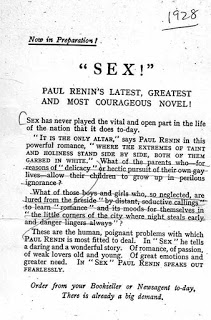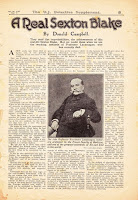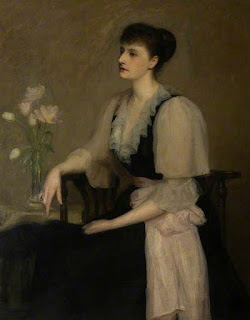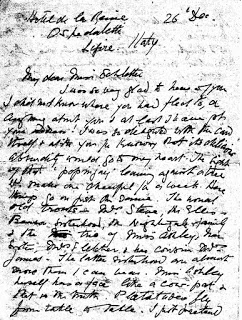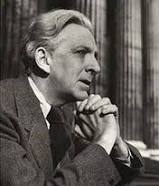 Although Angus Wilson is almost as unfashionable as F. R. Leavis these days, there was once a time when members of the chattering classes could hardly wait for his next novel or collection of short stories.
Although Angus Wilson is almost as unfashionable as F. R. Leavis these days, there was once a time when members of the chattering classes could hardly wait for his next novel or collection of short stories.
We are talking about December 1953, which is when John O’London’s Weekly ran a cover story entitled ‘ Author from the Museum ‘. In it Wilson is depicted as a sort of Larkin-like figure of prose (although at this time the Bard of the Humber had yet to achieve the elevated position he now occupies).Like Larkin, he was a librarian of an academic institution—in his case the British Museum, where he was Deputy Superintendent of the Reading Room—and like Larkin at Hull, he seems to have become a bit of a celebrity there. This is how the journalist Sewell Stokes described him:
‘Small of stature, with a luxuriance of prematurely silvered hair, and the gentle and accommodating manner of a diplomat, he might be cast by a film director as someone attached to the retinue of Marie Antionette. His appearance somehow vaguely suggests his belonging to another century. Diplomacy he certainly needs to maintain friendly relations with those readers of various nationalities, and varying temperaments, who use the Museum. An American lady used it recently for no more legitimate purpose than to have a peek at Mr Wilson, whom she had come to regard, through her admiration for his books, as rather a landmark. Continue reading



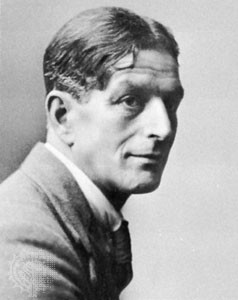
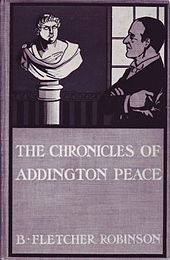
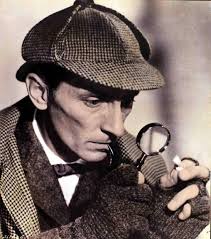 We all know about the nerds who post online corrections to errors or omissions in books, films, dramatisations and the like. Well back in 1987 , before the Internet made it all too easy, there were people like R. Lujer, who typed their complaints to—in this case—the publisher of Peter Haining’s The Television Sherlock Holmes. Haining, who was doubtless royally entertained by this particular letter, kept it in his Archive. Here it is in full.
We all know about the nerds who post online corrections to errors or omissions in books, films, dramatisations and the like. Well back in 1987 , before the Internet made it all too easy, there were people like R. Lujer, who typed their complaints to—in this case—the publisher of Peter Haining’s The Television Sherlock Holmes. Haining, who was doubtless royally entertained by this particular letter, kept it in his Archive. Here it is in full.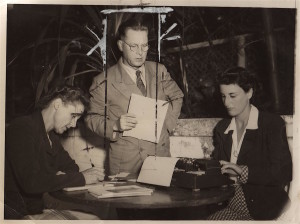
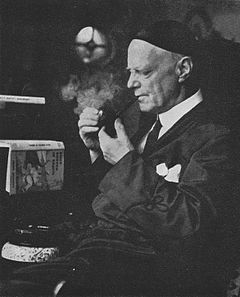
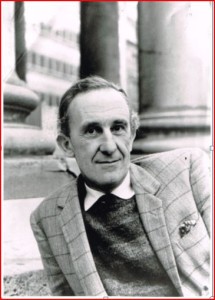 Listing British novelists or poets who were also medics is a fun party game. Going right back to the eighteenth century one can think of Goldsmith and Smollett. From the nineteenth, I suppose Keats can be included, although without a degree in medicine, he can’t be classed as a physician. Thomas Lovell Beddoes is a less well known example, as is Samuel Warren, who ought to be better known, especially as his ground-breaking Passages from the Diary of a late Physician heavily influenced the Bronte sisters. Among the twentieth century poets there are a few, including Dannie Abse and Alex Comfort and I dare say one or two writers studied medicine, but never practised it. I don’t think Somerset Maugham did, apart from a stint in the Red Cross. And then there is Gabriel Fielding (1916 – 86).He certainly practised. In fact he was a GP and a prison doctor based in Maidstone for many years until literary fame allowed him to give up medicine and try his luck in America. With a mother who was a descendant of Henry Fielding, he certainly possessed the literary credentials to succeed, and indeed he did, but not so much in his native land, where he is still little known. The reputation of Alan Gabriel Barnsley (his real name) is well documented in a review dated April 6th 1963 from the Haining Archive. In it, John Horder, himself a doctor and writer, marks the publication of Fielding’s fourth novel, The Birthday King, which had just appeared in the States, with the statement that in America he was acknowledged as ‘ one of our leading novelists, along with Graham Greene, Muriel Spark and Iris Murdoch’. According to Horder, Gabriel’s obsession with ‘the darkness in man ‘ was present from the start. In his debut novel, Brotherly Love (1954), for instance, Fielding’s hero, David Blaydon, who is based on the author’s eldest brother George, gets pushed into the Church, becomes entangled in the lives of various women in his parish and eventually falls ‘a great height from a tree to be found dead by one of his brothers in one of the most horrifying scenes in fiction’.
Listing British novelists or poets who were also medics is a fun party game. Going right back to the eighteenth century one can think of Goldsmith and Smollett. From the nineteenth, I suppose Keats can be included, although without a degree in medicine, he can’t be classed as a physician. Thomas Lovell Beddoes is a less well known example, as is Samuel Warren, who ought to be better known, especially as his ground-breaking Passages from the Diary of a late Physician heavily influenced the Bronte sisters. Among the twentieth century poets there are a few, including Dannie Abse and Alex Comfort and I dare say one or two writers studied medicine, but never practised it. I don’t think Somerset Maugham did, apart from a stint in the Red Cross. And then there is Gabriel Fielding (1916 – 86).He certainly practised. In fact he was a GP and a prison doctor based in Maidstone for many years until literary fame allowed him to give up medicine and try his luck in America. With a mother who was a descendant of Henry Fielding, he certainly possessed the literary credentials to succeed, and indeed he did, but not so much in his native land, where he is still little known. The reputation of Alan Gabriel Barnsley (his real name) is well documented in a review dated April 6th 1963 from the Haining Archive. In it, John Horder, himself a doctor and writer, marks the publication of Fielding’s fourth novel, The Birthday King, which had just appeared in the States, with the statement that in America he was acknowledged as ‘ one of our leading novelists, along with Graham Greene, Muriel Spark and Iris Murdoch’. According to Horder, Gabriel’s obsession with ‘the darkness in man ‘ was present from the start. In his debut novel, Brotherly Love (1954), for instance, Fielding’s hero, David Blaydon, who is based on the author’s eldest brother George, gets pushed into the Church, becomes entangled in the lives of various women in his parish and eventually falls ‘a great height from a tree to be found dead by one of his brothers in one of the most horrifying scenes in fiction’. 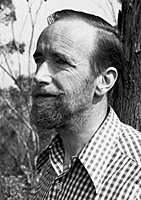 Found – the typescript of a review by
Found – the typescript of a review by 